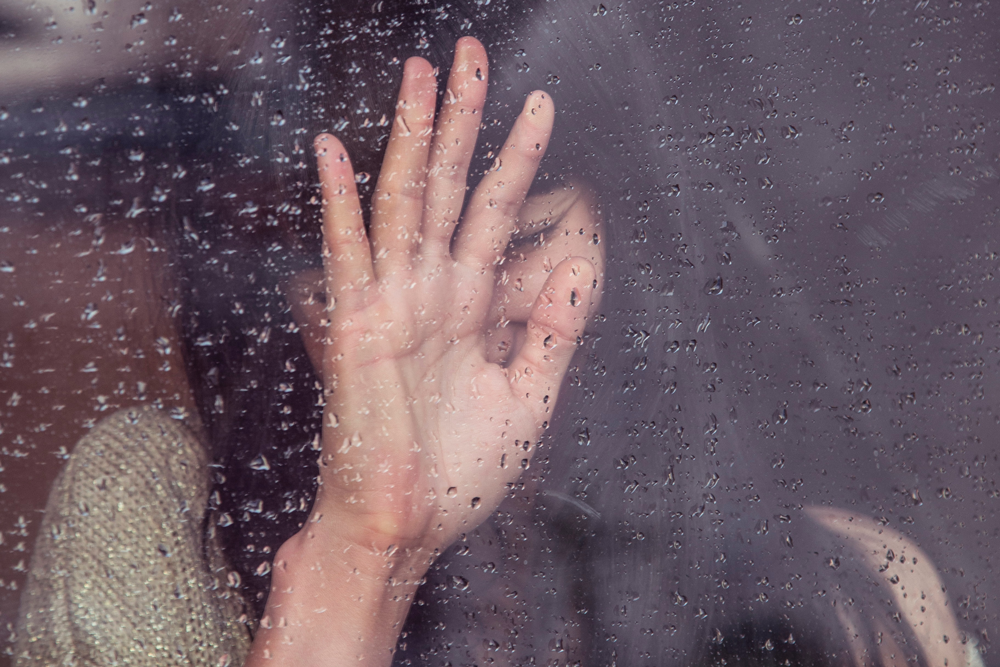There’s a tendency to avoid dealing with the subject of mental health in some spiritual traditions and teachings. To poo poo inner work and growth, to try to meditate away ‘negative’ emotions, reactions, thought patterns and conditioning. But spirituality and spiritual awakening is not a panacea, it is many things and in some ways a lot of the “problems” of the mind do in fact disappear. But in some ways post awakening the work and cleanup becomes intensified and it can become even more important to address and give attention to anything that’s still arising. This can be when some of the true work begins, because the strategies that have stopped you from looking beneath the covers of the mind dissolve.
It is the embracing not the running away that allows one to look at where the stored traumas, memories, reactions, conditioning and energetic imprints are having an impact on the current moment, your current experience of life. So in some ways it’s only then that you can truly move through and on from the issues or patterns that may have plagued your life.
We all know someone, or maybe ourselves that have experienced mental health issues, and yet it’s still so hard for society as a whole to acknowledge, embrace and talk about. Why do you think we even need to have a ‘World Mental Health Day’. We’re too quick to try and fix, instead of taking the cues that are being shown. Those cue want to be heard, want to be seen. Not fixed or forgotten about, or covered up, or shoved under the carpet; but instead seen and heard and embraced like a small child looking for love.
There is no manual about how to live life. It’s difficult and there are no singular right or wrong answers that apply to all. But especially when we pay too much attention to what those around us, and society are saying about how we should feel and act and be in life. Often the first thing to go when we try and fit into something that we feel we should be fitting into, is our sense of internal well-being and peace.
The term mental health is a catchall for many experiences and often comes measured against a theoretical blueprint about what it is to be ‘normal’. This is massively problematic, particularly as from everything I can gather, there is no normal. And beyond that… often these things that we fear are ‘abnormal’ about ourselves are actually experiences that our friend, our neighbour, our family member, the stranger on the bus are also feeling and experiencing too.
The mental suffering comes in when we falsely accept that our experience is wrong – that we ‘shouldn’t’ be experiencing x, y & z. I’ve often said to people that I encounter along the road of life who tell me that what they are experiencing is wrong or broken, that what if they were an alien who had just arrived on Earth and were told x, y & z is completely correct to feel, what then? What would their relationship to x, y & z be? Would they think it wrong? No.
So it’s often our relationship to how we perceive what we’re experiencing that causes it to be wrong or right, to suffer it or not. What if we were taught happy is bad, sad is good? It’s our labelling of experiences that determines their value and therefore where we derive our sense of value in life. What if we were to drop these labels and sit in the pocket with our experiences. To not run away from the ‘bad’ and towards the ‘good. But to feel all.
I feel this is true mental health. To attend to all that’s arising with awareness and compassion, without labels and judgements of right or wrong.
Mental health assumes there is a good health and a bad health. It measures this good and bad against the idea (or ideal) of normal. But show me normal, find me who it looks like? We have to face facts, there is no one-size fits all. There is no ‘normal’, just life playing out as it does with all its colour and variety, shapes and sizes, all its seeming paradoxes and diversities.




